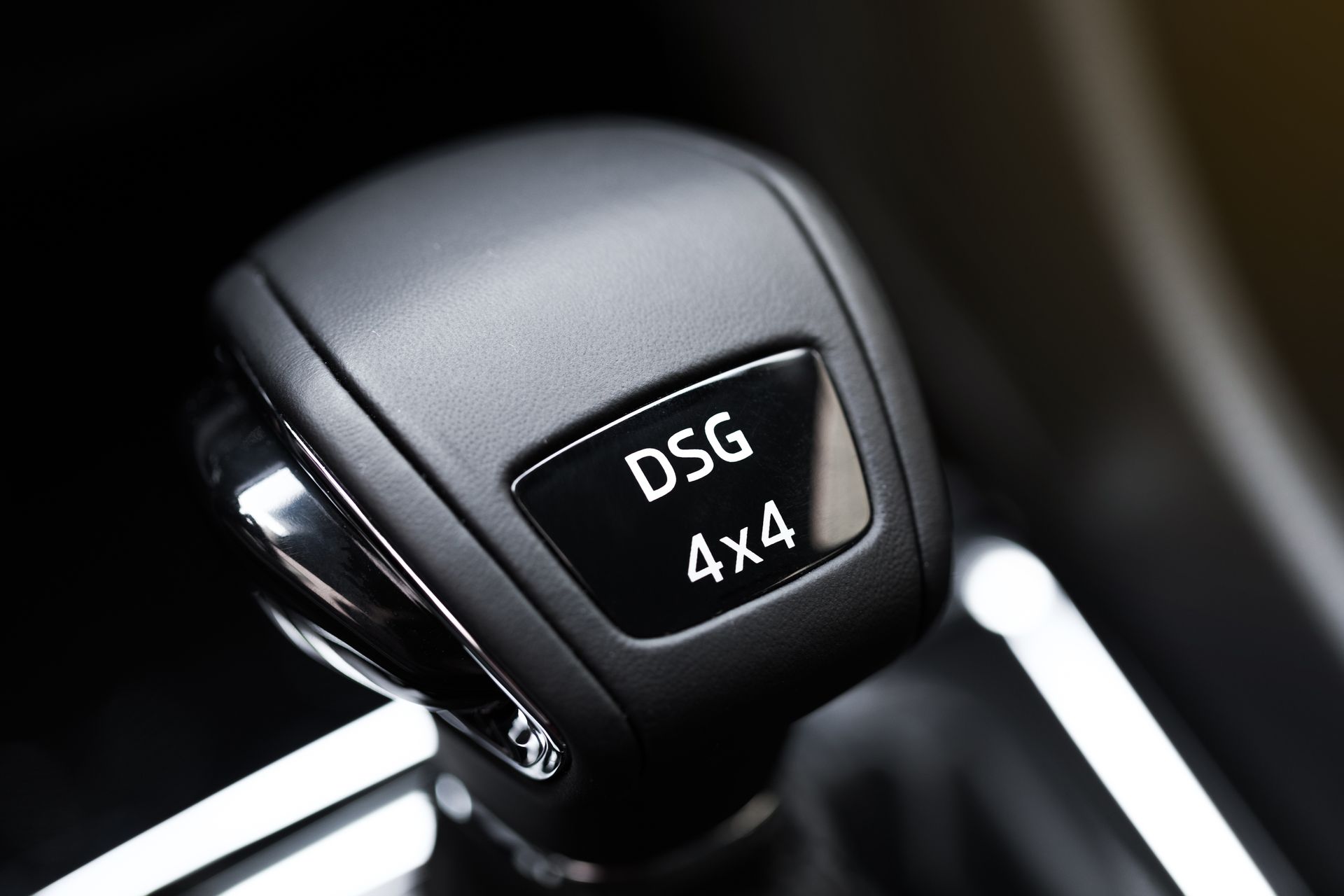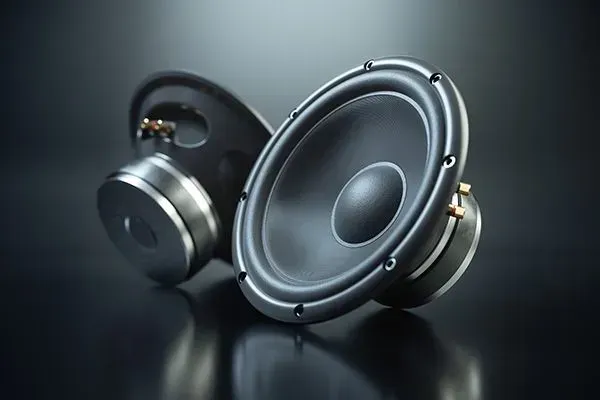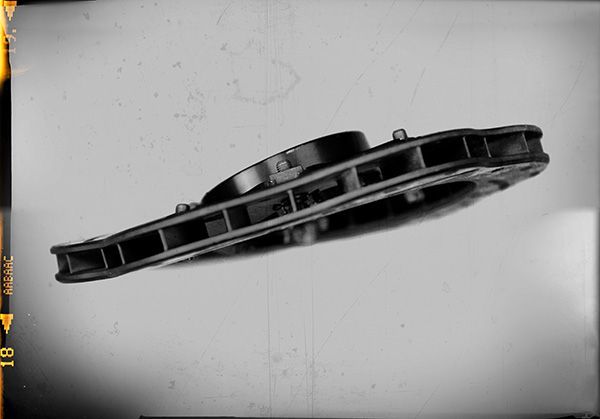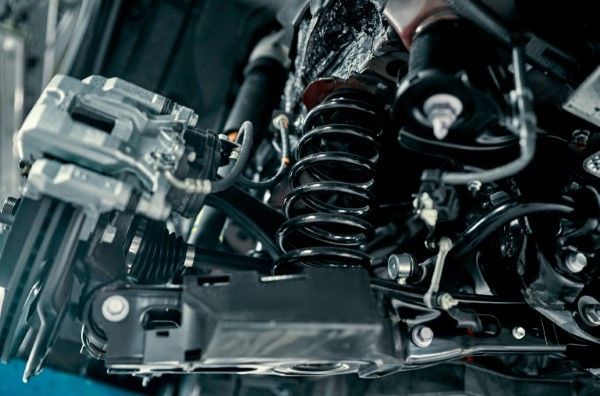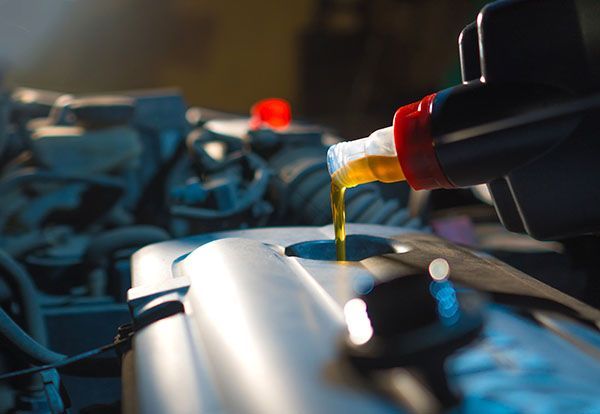THE HISTORY OF BMW: FROM AIRPLANE ENGINES TO ULTIMATE DRIVING MACHINES
THE HISTORY OF BMW: FROM AIRPLANE ENGINES TO ULTIMATE DRIVING MACHINES
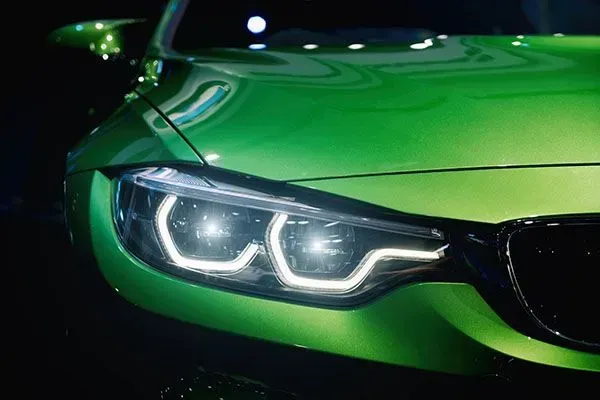
If you want to learn more about the German giga-giant, BMW, then continue reading because we will start right at the beginning of its rich history. Let's not waste time and get tight into it!
Origins and Early Years
BMW traces its roots back to 1916 when it was initially established as an aircraft engine manufacturer in Munich, Germany. At the time, the company was known as Bayerische Flugzeugwerke AG (Bavarian Aircraft Works). Led by visionary engineer Karl Rapp and business magnate Gustav Otto, the company produced engines for German military aircraft during World War I.
BMW's involvement in aviation extended beyond its logo. During the 1930s, BMW developed and produced aircraft engines that powered several notable aircraft, including the famous Messerschmitt Bf 109 fighter planes. These engines played a crucial role in the success of the Germans during World War II.
While BMW's primary focus became automobiles, the company's aviation heritage continued to influence its engineering prowess. One notable connection between BMW and aviation is the iconic BMW logo, which resembles the propellers of an aircraft.
How Did They Transfer To Making Vehicles?
Following the Treaty of Versailles, which prohibited Germany from producing aircraft engines, Bayerische Flugzeugwerke shifted its focus to other industries. In 1922, the company rebranded itself as Bayerische Motoren Werke GmbH and began producing motorcycles and later, automobiles.
Post-War Challenges and Automotive Success
After World War II, BMW faced significant challenges as it navigated the post-war landscape. The company shifted its focus entirely to automobile production and faced financial difficulties. However, in the 1960s, BMW experienced a remarkable turnaround with the launch of the "New Class" models, such as the 1500 and 2002. These compact, sporty sedans gained popularity for their performance, handling, and driver-focused experience, setting the foundation for BMW's reputation as the "Ultimate Driving Machine."
Innovation, Luxury, and BMW Today
In the decades that followed, BMW continued to innovate and push the boundaries of automotive engineering. The company introduced groundbreaking technologies, such as the first mass-produced turbocharged engine in a production car (the BMW 2002 Turbo) and revolutionary driver-centric features like the iDrive system.
Today, BMW is renowned for its diverse lineup of luxury vehicles, including sedans, SUVs, sports cars, and electric models. The brand's commitment to performance, precision, and luxury has solidified its position as one of the world's most esteemed automotive manufacturers.
While We Are Talking About BMWs, Is Your BMW Driving Well?
If you trust BMW isn't performing as usual and is experiencing some signs of problems, make sure to stop at Angelo's Performance Plus, so we can take a look!

